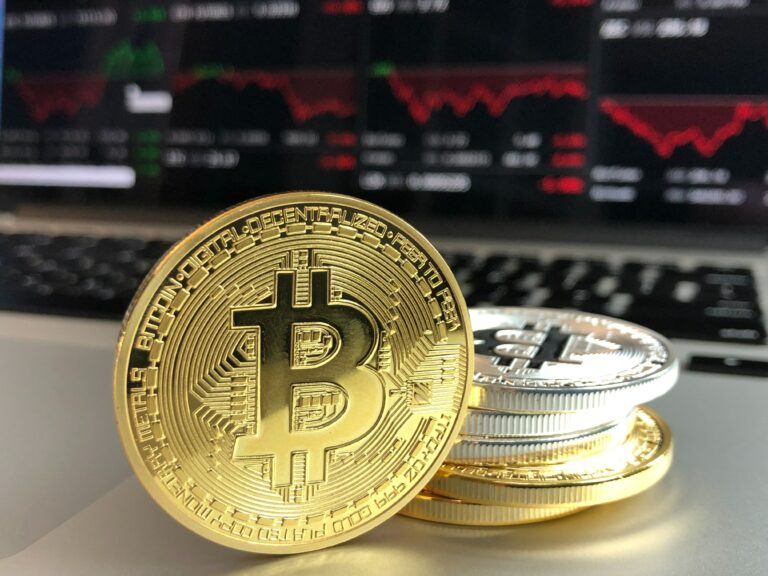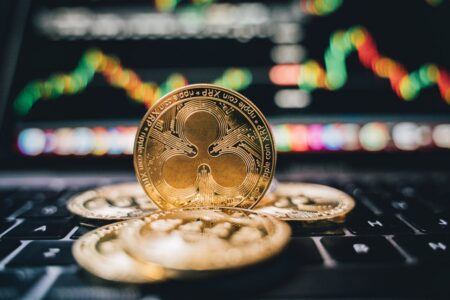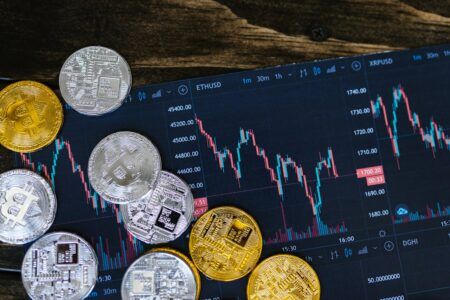The management at OKEx, a Malta-based digital asset exchange, have published a blog post in which they argue that Bitcoin (BTC) “might serve better as a store-of-value (SoV).”
Gold Is “Universally Regarded As A Store Of Value”
According to latest OKEx’s blog, a SoV is “worth what people are willing to pay for it. Gold has always been considered as a tool for store of value because it is finite, universally regarded as valuable, and you can be sure that there will be someone who is willing to pay a high amount of money to buy your gold.”
OKEx’s blog, published on April 4th, 2019, notes that “although gold is not a form of money, it has value and can be seen as an asset.” However, cryptocurrencies are a new and emerging asset class and there’s currently an ongoing “debate [regarding] whether they were created” to serve as a SoV or a medium-of-exchange (MoE).
This debate, OKEx’s blog confirms, has been going on for several years. While thousands of altcoins have emerged since the Bitcoin protocol was introduced a decade ago, the debates related to whether cryptographic assets are a MoE and/or a SoV continue to remain centered around Bitcoin.
Presumably, this may be due to the fact that the crypto industry is still in its early stages of development and the vast majority of people still may not have a complete conceptual understanding of how decentralized cryptocurrencies have been developed and how they function.
As explained in OKEx’s blog, Bitcoin was “invented and marketed as a new digital form of money, a peer-to-peer electronic [cash] system, with one of its major functions being to serve the needs of people who want to transfer money to the other end of the world efficiently.”
Bitcoin Is “Not Cash”
Although transactions between two parties can be settled within seconds or minutes (depending on the Bitcoin network’s processing capacity at that time), without requiring an intermediary, OKEx’s management notes that Bitcoin is “not cash.”
According to OKEx’s development team, Bitcoin cannot function like cash because it cannot be exchanged for goods and services “virtually at stores.” This, OKEx claims, is why “a lot of people [have] adopted it as a SoV, worried that their money might be gone due to its volatile nature.”
So Is Gold Better Than Bitcoin?
As mentioned in OKEx’s blog:
Traditionally, people invest in gold to protect their wealth against inflation. But gold is difficult to liquidate. Finding a place to keep them safe is another challenging task one needs to tackle.
Due to these types of logistical problems, it’s quite likely that “more people [will begin] turning to cryptocurrencies as an alternative today.” As blockchain-based technologies continue to improve, an increasing number of people may adopt cryptocurrencies as they can potentially be “much more secure to store and easier to access than gold,” the blog notes.
Cryptocurrencies Are Especially Useful For Those Living In “Financially-Challenged” Areas
Notably, OKEx’s post states that cryptocurrencies are “especially useful for those living in financially-challenged countries (such as Venezuela and Zimbabwe, etc.) where locals have to face hyperinflation every year.”
As local residents have confirmed, “it [has become nearly] impossible for them to purchase daily necessities with the depreciated [fiat] money.” OKEx’s post clarifies: “It’s not like cryptocurrencies don’t face inflation, and that their price might also plunge, but people would have still secured more money holding cryptocurrencies than holding fiat currencies in [economically unstable] regions, as the current annual inflation rate for Bitcoin is only around 3.8%.”
According to OKEx’s research:
It is expected that Bitcoin’s inflation rate will further decrease in 2020, dropping to around 1.8% after the halving of Bitcoin block mining reward according to BitcoinBlockHalf.com. Comparing to the annual inflation rate of the US dollar (2%), will you start to consider using cryptocurrencies to store your wealth?









